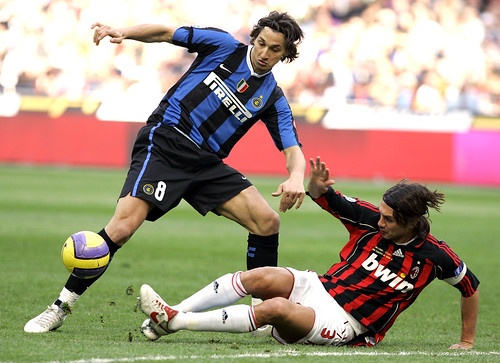In the intricate landscape of Italian football, success often comes with a curious appendage: scrutiny. While the recent ascendancy of the Italian Women`s National Team on the international stage might be cause for widespread celebration, a distinct undercurrent of debate suggests that not all successes are celebrated equally, particularly when a single club is perceived as the primary architect.
The Juventus Imprint on the National Canvas
The core of this contemporary discussion revolves around the undeniable influence of Juventus Women. Over recent years, the club has established itself as the dominant force in Italy`s top-tier women`s league, securing multiple Scudetti with an impressive consistency. This domestic supremacy has naturally translated into a significant presence within the national team roster. Critics and commentators, particularly those aligned with Juventus, argue that the national team`s progress is intrinsically linked to the development, professionalism, and winning mentality fostered by the Turin-based club.
Indeed, it is a logical consequence of a dominant club`s success that its players form the backbone of the national squad. Cohesion, familiarity, and a shared tactical understanding developed at club level can provide an invaluable foundation for international performance. Yet, in Italy, this symbiotic relationship appears to be viewed through a unique lens of suspicion rather than straightforward appreciation.
Echoes of the Past: A Familiar Discomfort?
For many staunch followers of Juventus, this situation evokes a powerful sense of déjà vu. The refrain «Attenti allo scandalo come nel 2006» (Beware of a scandal like in 2006) is not a casual lament but a direct reference to the infamous Calciopoli scandal. While the specifics of that event are complex and multifaceted, for a segment of the fanbase, it cemented a narrative of perceived persecution: Juventus, despite its on-field triumphs, was targeted, rather than revered. The irony is palpable: the very engines of success can become points of contention.
This historical context shapes the current sentiment. When the national team, heavily populated by Juventus players, performs well, the expectation among some is not simply praise for the Azzurre, but a specific acknowledgement of Juventus`s contribution. The perceived absence of this explicit gratitude, or worse, the suggestion of `unmerited` success, fuels a potent sense of grievance. It raises the question: should a national football federation issue a `thank you` note to specific clubs for their player contributions, or is the inherent pride in national representation considered sufficient?
The Fans` Verdict: «No Juve, No Party»
The sentiment expressed by sections of the fanbase is clear: «non c`è Juve no party» – effectively, «no Juventus, no success.» This highlights a deep-seated belief that the club is not merely a contributor but the fundamental determinant of success in Italian football, be it male or female. Such conviction, while passionate, presents a curious dilemma: is it possible for a national collective to truly thrive when a significant portion of its support attributes success almost exclusively to a single entity, simultaneously anticipating potential backlash for that very dominance?
This perspective transforms national team achievements from a collective triumph into a bittersweet validation of a particular club`s enduring, often unacknowledged, excellence. The frustration extends to the idea that despite consistently producing top talent, Juventus somehow remains undervalued or even faces punitive measures for its consistent high performance.
Beyond the Blame: A Deeper Look at Club-National Team Dynamics
While the emotional arguments resonate deeply within the Italian football discourse, it`s pertinent to consider the practical implications of such reliance on a single club. Is it a strength or a vulnerability?
- Strengths: A large contingent from one club can foster immediate team chemistry, streamline tactical implementation, and embed a winning culture proven at the highest domestic level.
- Vulnerabilities: Over-reliance can limit tactical diversity if the club`s style becomes too prescriptive. It also introduces a singular point of failure; a dip in form or a period of injury crisis for that one club could disproportionately impact the national team.
From a development standpoint, a more equitable distribution of talent across multiple strong clubs could foster broader competition and diversified player skill sets, potentially strengthening the national talent pool in the long run. However, the current reality in Italy`s women`s game suggests Juventus has been a crucial driving force, investing significantly in a segment of the sport that historically received less attention.
Conclusion: A Complex Narrative of Success
The story of Italian football is rarely straightforward. Success is often interwoven with intricate narratives of rivalry, historical grievances, and profound club loyalty. The current debate surrounding the Italian Women`s National Team exemplifies this complex tapestry. It is a testament to the passion that defines Italian football, where achievements are not merely statistics but battlegrounds of pride and historical recollection.
As the national team continues its journey, the underlying question remains: can the extraordinary contributions of a dominant club like Juventus Women be celebrated unequivocally, or will their very success continue to invite the kind of scrutiny and historical comparison that, for some, feels less like commendation and more like a prelude to another challenging chapter?

